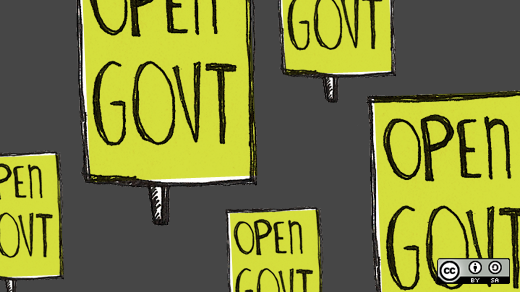Colorado has established a law making teachers union negotiations transparent. Proposition 104, which passed with 70 percent of the vote on November 4, requires collective bargaining negotiations between the unions and school boards be opened to the public.
Though voters supported the proposition, several organizations pushed to stop it from passing.
One such group, Local Schools, Local Choices, describes themselves on their website as a group of educators, superintendents, and other advocates who are “believers in transparency.” Their page still displays the slogan, “Do Your Homework On Prop. 104” followed by a list of several issues they took with the measure. Among them was the claim that Prop. 104 is a one-size-fits-all mandate that forces unions into the uncomfortable position of revealing their negotiating strategies before they are ready to make them public.
Supporting ‘Local Control’?
Other opponents of the proposition argued the choice should have stayed with the unions in their respective districts.
The Colorado Education Association (CEA) also opposed the proposition, donating $30,000 to stop it. CEA Communications Director Mike Wetzel claimed the legislation was unnecessary because several districts had already opened union negotiations up for public viewing. Wetzel claimed CEA was supporting local control by advocating the decision to go public be left between individual districts and branches of the union.
“We recognize the voters’ preference and the importance of transparency in education,” said Wetzel. “But we believe it is a matter of local control.”
Is Transparency Too Expensive?
Wetzel also expressed concern that interpreting the law might end up creating a burdensome expense for school districts.
“I think there is going to be a lot of legal cost trying to interpret these things,” he said, “which is unfortunate, since Colorado is still recovering from the recession.”
Transparency Praised
Others supported the idea of requiring public bargaining for public unions.
Ben DeGrow is a senior education policy analyst at The Independence Institute, a group that vocally supported Prop. 104. He believes the argument that Prop. 104 violates local control is a distraction.
“Colorado already has sunshine laws that require school boards to do things openly,” he said. “Prop 104 just expanded that to include teachers unions. It sets a common ethical standard for transparency. As for the costly lawsuits, I don’t know where they are going to come from, other than people or groups who have a vested interest in keeping things in the shadows.”
Larry Sand, president of the California Teachers Empowerment Network, advocates broad education reforms, including increased transparency. He also praised Prop. 104 for shining light on union negotiations.
“I think the legislation is important,” Sand said. “Traditionally, the taxpayer has been left out of the loop in these negotiations. Frequently, school board members are bought and paid for by the unions. Hence the union is, in a sense, negotiating with itself, with the public in the dark. Now, via this ‘sunlight’ law, the public will at long last be a party to contract negotiations.”
Chris Neal ([email protected]) is a freelance writer based in New York, NY.
Image by opensource.com.




